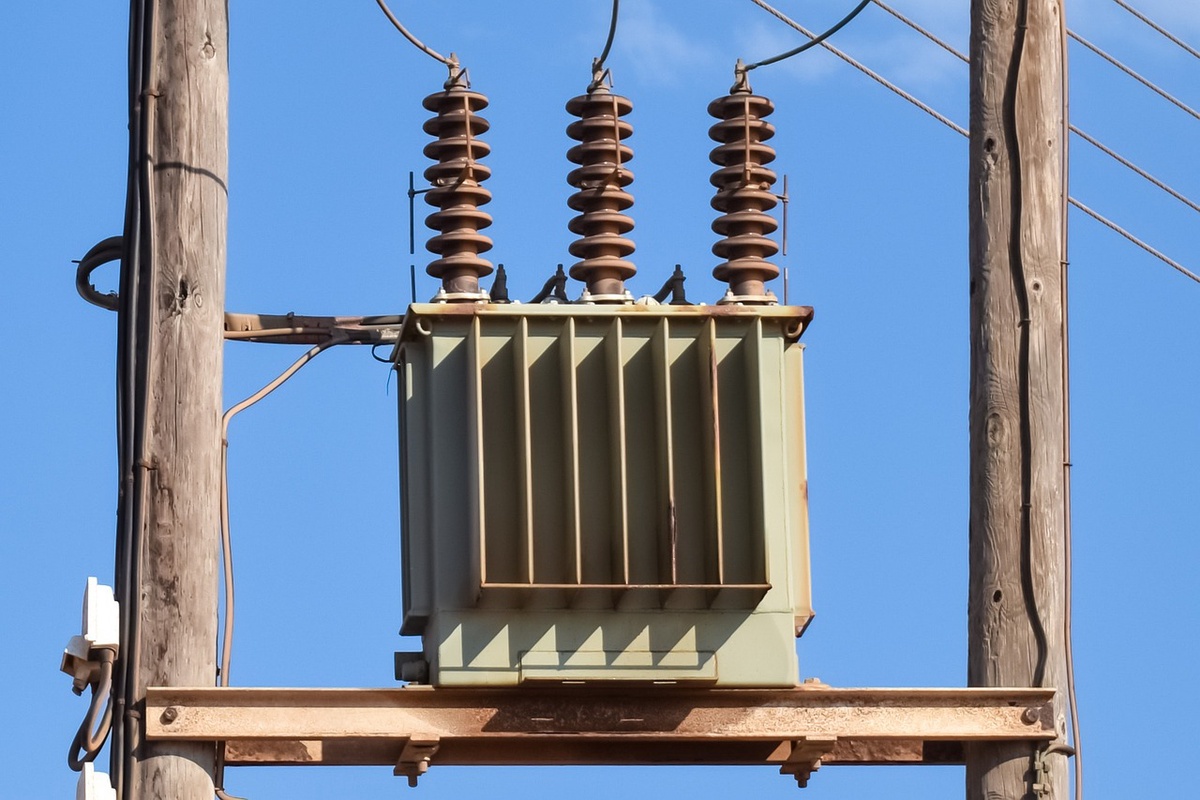Transformer design, a cornerstone of electrical engineering, has seen remarkable advancements over the years, reshaping the landscape of power systems and enabling the efficient transmission and distribution of electricity. As technology continues to evolve and new challenges emerge, innovators in the field of transformer design are pioneering groundbreaking solutions to enhance performance, reliability, and sustainability. In this blog post, we will explore some of the latest innovations in transformer design and their implications for the future of electrical engineering.
1. Enhanced Efficiency
Efficiency has long been a focal point in transformer design, with advancements aimed at minimizing energy losses and maximizing performance. Innovations such as high-efficiency core materials, improved winding techniques, and optimized cooling systems are driving significant improvements in transformer efficiency, resulting in reduced energy consumption, lower operating costs, and reduced environmental impact.
2. Compact and Lightweight Designs
In recent years, there has been a growing demand for compact and lightweight transformers, particularly in urban areas and constrained environments where space is limited. Innovations in transformer design, such as the use of advanced materials, innovative winding configurations, and optimized insulation techniques, are enabling the development of smaller and lighter transformers without compromising performance or reliability. These compact designs offer greater flexibility in installation and reduce the overall footprint of electrical infrastructure.
3. Digitalization and Smart Grid Integration
The advent of digitalization and smart grid technologies is revolutionizing transformer design, paving the way for intelligent, interconnected power systems. Smart transformers equipped with sensors, communication modules, and advanced monitoring capabilities enable real-time monitoring of transformer health, condition-based maintenance, and grid optimization. By leveraging data analytics and artificial intelligence, smart transformers can anticipate potential issues, optimize grid operations, and enhance overall system reliability and resilience.
4. Eco-Friendly Solutions
With growing concerns about environmental sustainability, there is increasing emphasis on developing eco-friendly transformer designs that minimize environmental impact and promote energy efficiency. Innovations such as biodegradable insulation materials, eco-friendly cooling fluids, and recyclable components are gaining traction in transformer design, offering greener alternatives to traditional transformer technologies. These eco-friendly solutions align with global efforts to reduce carbon emissions and mitigate the effects of climate change.
5. Resilience and Reliability
Ensuring the resilience and reliability of power systems is paramount, particularly in the face of increasingly frequent extreme weather events and natural disasters. Innovations in transformer design, such as robust construction materials, enhanced insulation systems, and advanced fault detection technologies, are enhancing the resilience and reliability of transformers, enabling them to withstand harsh environmental conditions and maintain continuous operation even under adverse circumstances.
6. Integration with Renewable Energy
The integration of renewable energy sources, such as wind and solar power, into the electrical grid presents unique challenges and opportunities for transformer design. Innovations in transformer design are facilitating the seamless integration of renewable energy sources by enabling efficient power conversion, voltage regulation, and grid stability. Transformer designs optimized for renewable energy applications are helping to accelerate the transition to a cleaner, more sustainable energy future.
In conclusion, innovations in transformer design are driving significant advancements in electrical engineering, revolutionizing the way power systems are designed, operated, and maintained. From enhanced efficiency and compact designs to digitalization and smart grid integration, transformer design innovations are paving the way for a more resilient, reliable, and sustainable electrical infrastructure. By embracing these innovations and pushing the boundaries of transformer technology, electrical engineers are pioneering the future of energy and shaping the world of tomorrow.


No comments yet